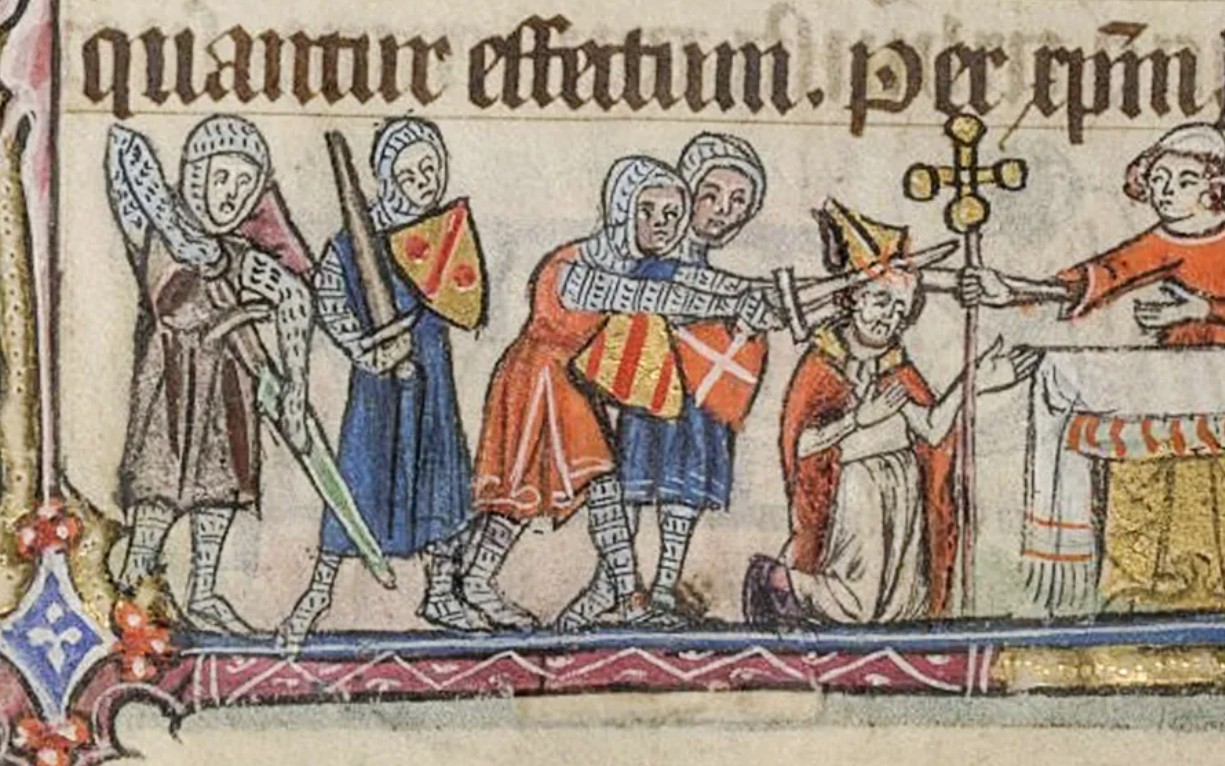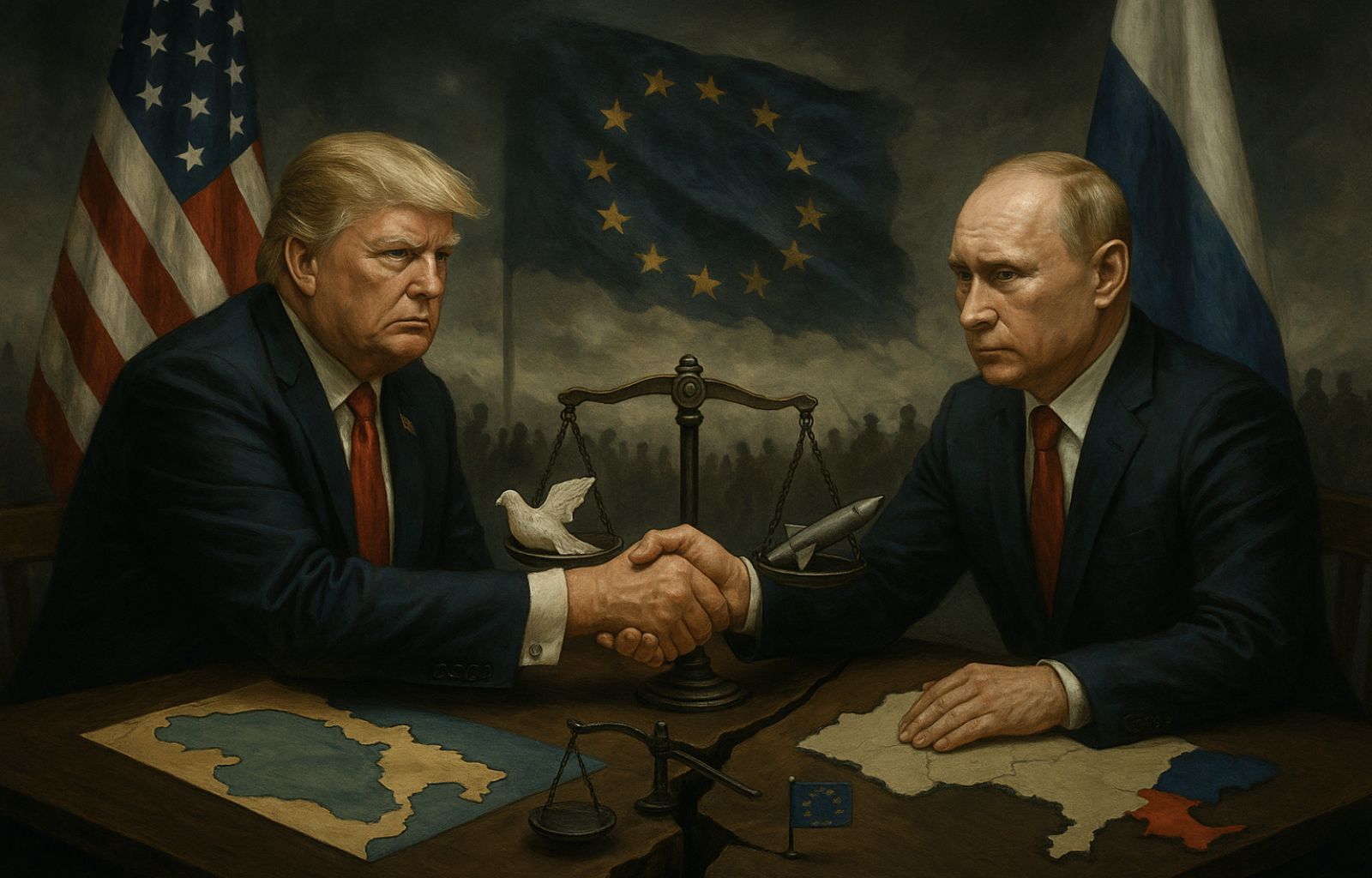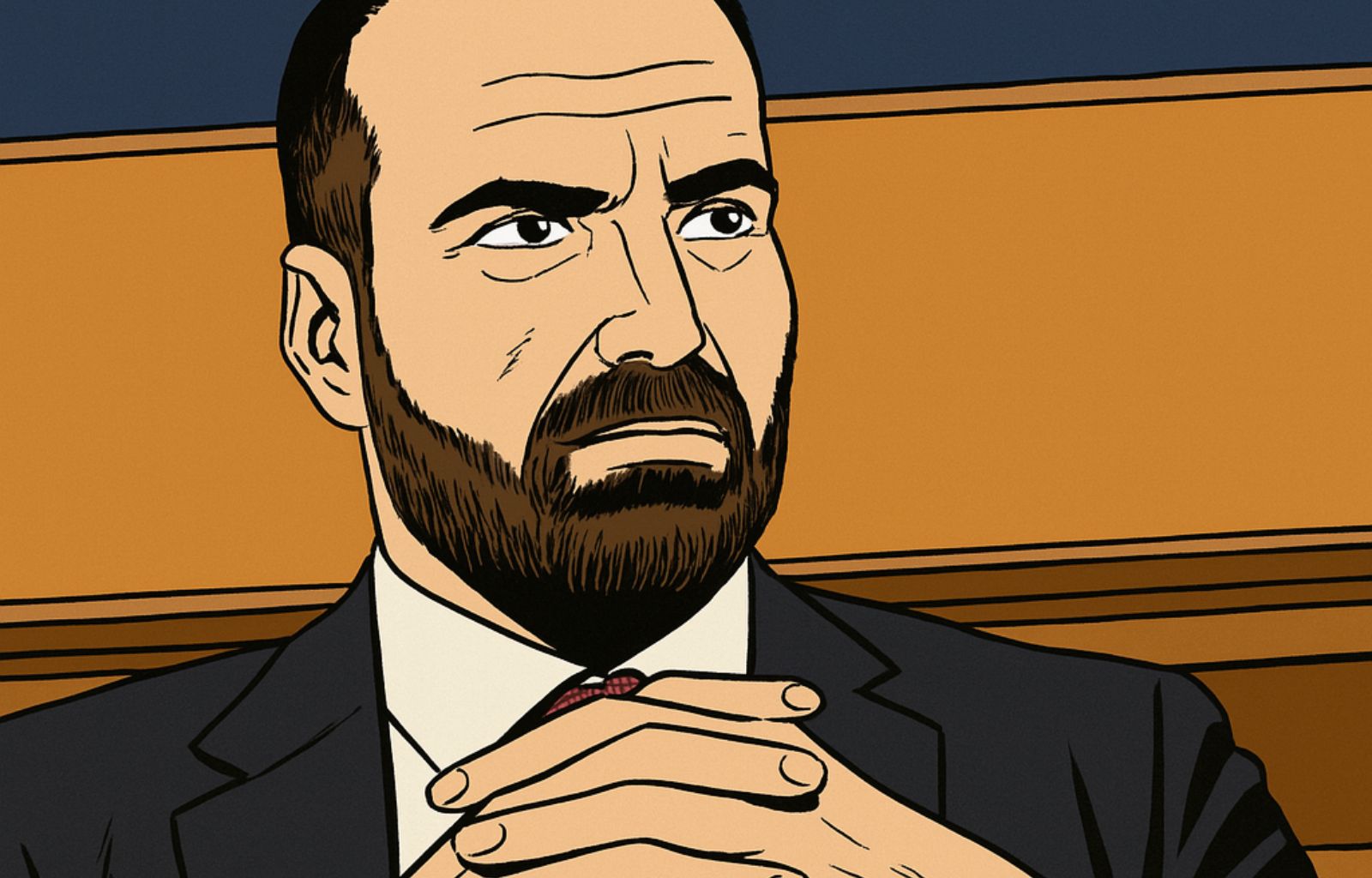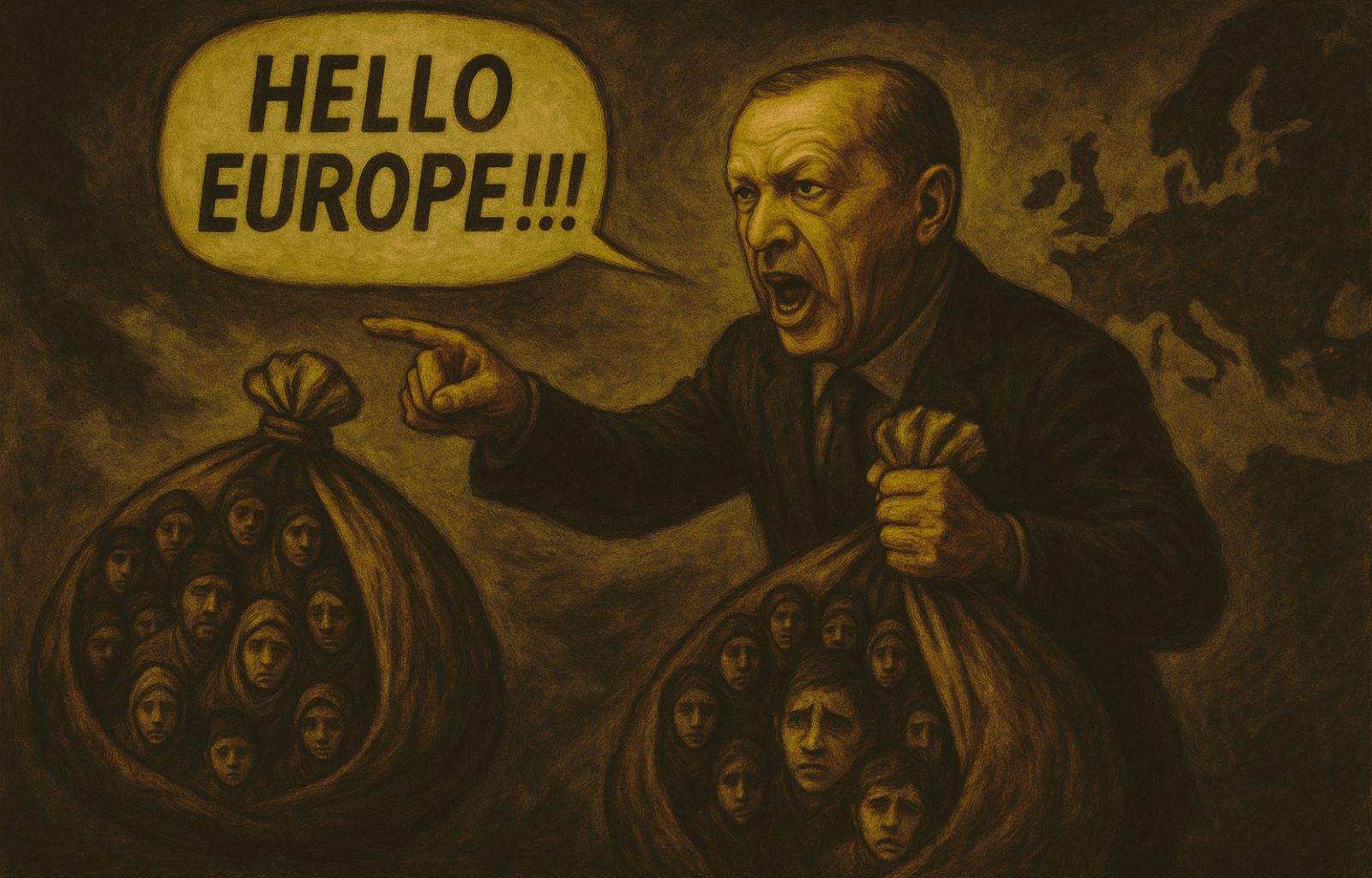Anti-European far-right wins? It’s the pro-Europeans’ fault
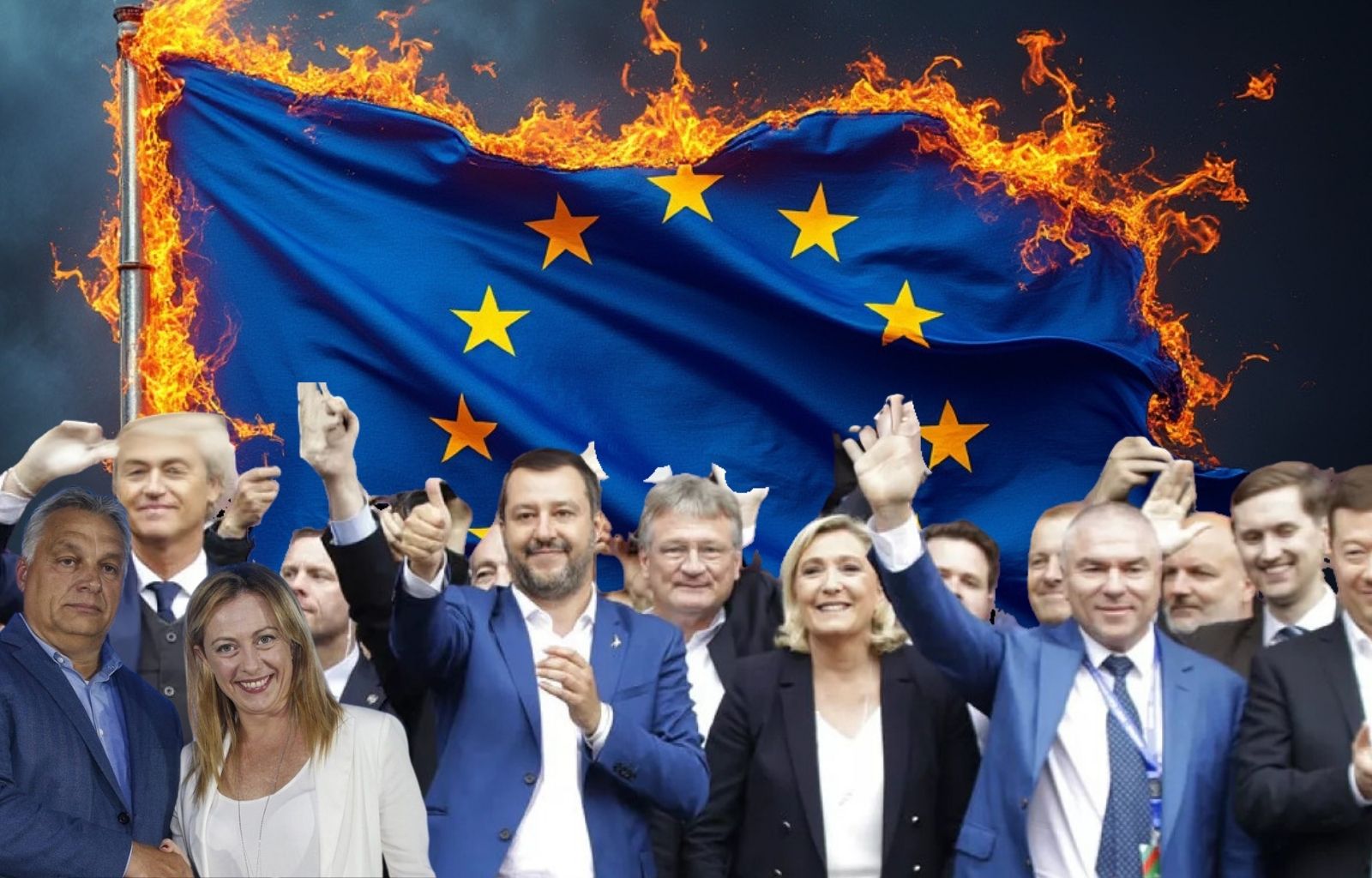
The assertion of consensus towards the extreme right in Europe is not a bolt from the blue, nor the product of a sudden populist drift. It is rather the clear symptom of a profound failure of liberal-democratic politics, which in recent decades has lost its ability to be decisive, concrete, comprehensible. When politics takes refuge in the ineluctable, denying its own essence as a space for choices, it ceases to be politics and becomes the administrative management of a destiny that seems already written.
The crisis of liberal politics
Liberal democracy is founded on freedom and rationality, but in practice it has often reduced public debate to a sterile justification of economic and global processes considered inevitable. Citizens are thus confronted with a narrative that provides no alternatives: globalisation cannot be stopped, inequalities are the price of progress, austerity is necessary to avoid disaster, and migration phenomena cannot be managed except as emergencies. This language, far removed from people’s concrete needs, has progressively drained confidence in institutions and fuelled a widespread feeling of powerlessness.
Liberal politics has become timid, incapable of representing a strong vision of the future. It has given up the fight for change, resigning itself to a technocratically managed present. In this vacuum, those who suffer seek answers elsewhere, even at the cost of accepting radical, irrational, often dangerous solutions.
Decision-making and despair
The success of far-right forces is explained not so much by the goodness of their programmes – often vague or contradictory – but by their ability to embody a promise of decision-making. They propagate an idea of politics that ‘does’ and decides, opposing a system perceived as paralysed. They offer simple, direct, often illusory solutions, but they respond to a real need: that of regaining control over one’s own destiny.
When a significant part of the population votes for the extreme right, they do so as an act of rupture, not as a conscious adherence to an ideology. It is a desperate demand for immediate answers, a cry against the indifference of those who govern and appear distant. This cry, however, only finds space because liberal politics was not able to listen first.
The responsibility of pro-Europeans
Those who call themselves pro-European should be the first to ask themselves this question. Europe was born as a project of integration and hope, but today it appears to be a prisoner of a system that privileges economic balance over social cohesion. It has imposed rigid rules without building a sense of community. The pro-Europeans have failed to counter the narrative of the ‘distant Brussels’, allowing the European institutions to become the target of all discontent.
The challenge is not to defend Europe as a mere bureaucratic body, but to relaunch it as a political project, capable of taking courageous decisions and addressing the inequalities that undermine cohesion among its peoples. If this does not happen, the narrative of the anti-European right will continue to prevail, and with it the risk of a disintegration that no one can wish for.
Rediscovering politics
The answer to the crisis of liberal democracies cannot be downward compromise or entrenchment in one’s own positions. What is needed is a politics capable of returning to its origins: not an administrative art, but an act of choice, a collective construction of meaning and future. This is the only way to take the ground away from the radical right, offering solid and credible alternatives.
Voting for the extreme right is not an irrationality to be condemned, but a message to be deciphered. Politics must go back to being response, not inevitability. Because people only choose those who propose easy solutions when those in government can no longer propose real ones.



